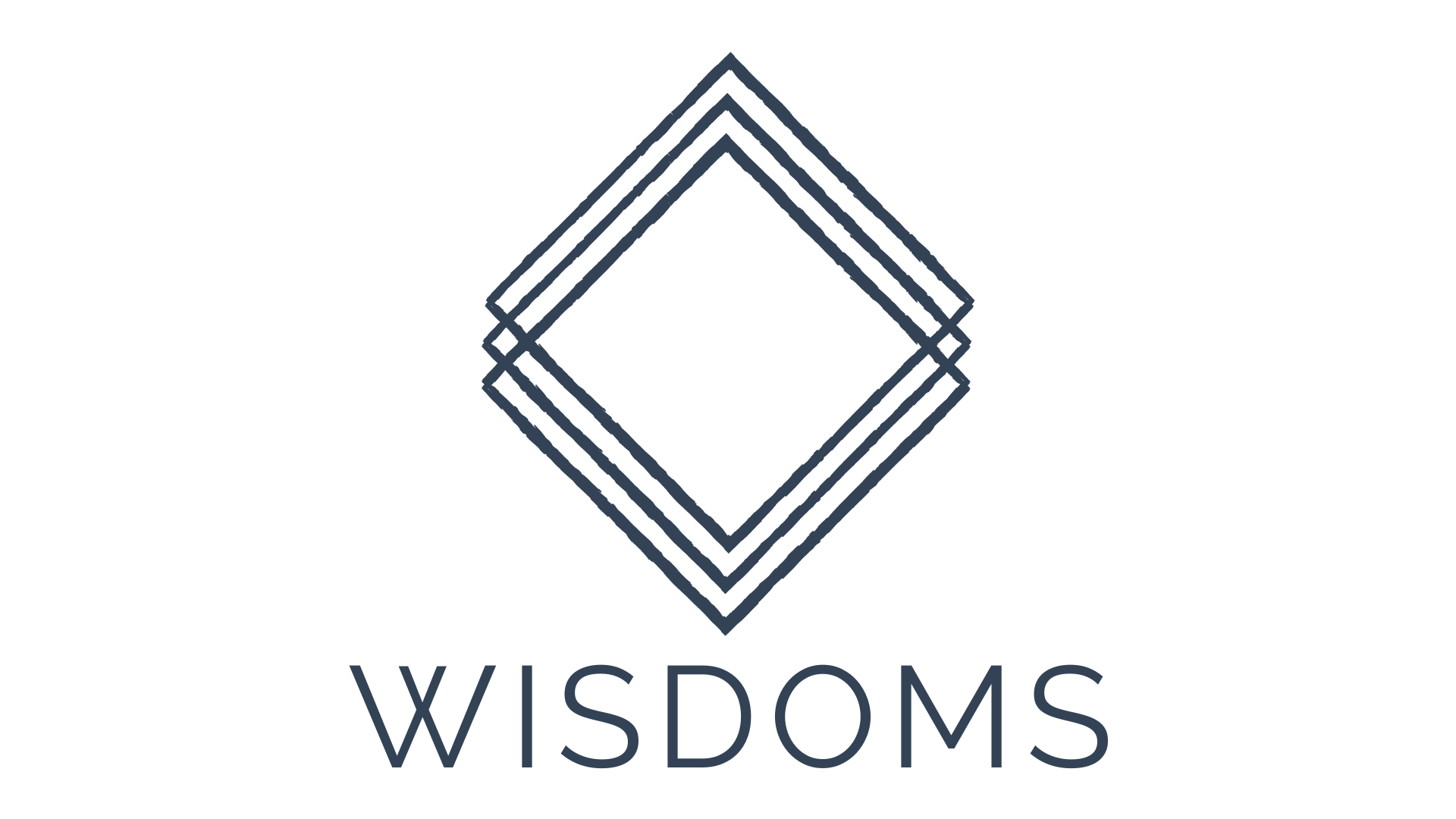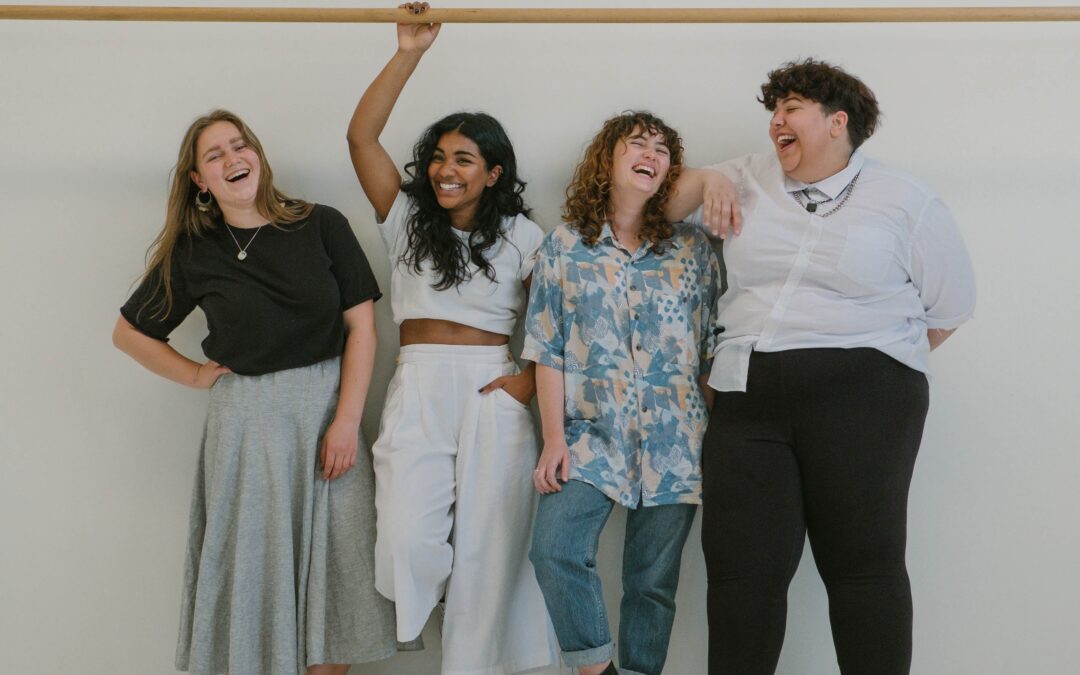We face huge global problems. We also deal with difficulties and unknowns in our work and personal lives. We cannot do life or find solutions on our own, or even with our small tribe. We need to build collaborative relationships across diverse people who have the wonderful advantage of thinking about and understanding the world differently to us.
This requires of us though, that we build relationships with people we don’t know or understand and in fact could adamantly disagree with. These relationships need to be such that we have a level of trust and can communicate effectively so that we can work creatively and productively together.
We are complex beings
None of us are isolated entities. We belong to and are influenced by our communities and contexts. A person’s background and immediate context impact how they communicate, their expectations and their areas of sensitivity.
Cultural dynamics play a role in who we are and how we work. These dynamics are not limited to only the norms of the social group to which a person belongs, but include the many facets of diversity. We are all products of these complex influences which weave their way through our personality and history to form our unique selves.
To state the obvious: diversity comes in all shapes and sizes. There are differences in age, gender, religious beliefs and practices, socio-economic circumstances, language, geographic location, special needs, relationship status, sexual orientation, political viewpoint — to name just a few. These differences bring with them a range of viewpoints and a wealth of life experiences.
The Golden Rule is not good enough
Many of us grew up with the “golden rule”. That is, “Treat others as you would like to be treated.” And this seems all well and good. However, it ignores the fact that people are different and want to be treated according to how they view what is good. We see “good” through the lenses of our own perspective, values, culture and situation.
If we view the differences between us from a place of curiosity and a desire to expand our understanding we can grow personally. We may even gain insights and ideas that inform solutions to our problems. If we also listen with openness, reserving judgment until we have heard them out, we can also learn empathy and compassion. These are qualities that stand us in good stead in building meaningful relationships across a wide spectrum of people.
Working with diversity
Because there are so many aspects to diversity and we simply cannot know everything about everybody, we need to find ways of working with all these dynamics. Here are some pointers to keep in mind:
- You will have been told not to assume that you understand a situation or person. It’s better however, to assume that you are making assumptions. You are locked into your own thinking, until you are open to receiving other points of view. So think about your thinking.
- Therefore, what is your awareness of your own cultural background/experiences, attitudes and values? We often are not aware of our own distinct cultural thinking until we step out of the environment in which they were formed. Knowing the foundation of your mind-frame, will help you know better how to adapt as you need.
- This is where we also have to be honest with ourselves. What prejudices, biases and stereotypes are you holding onto? Denial is not a good tactic. We all have inherited ways of seeing others in certain lights. We have to do your homework on this one because our preconceived ideas have a way of leaking in our choice of words and tone of voice.
- Educate yourself as thoroughly as possible where you discover differences between yourself and the other person. This may involve learning about cultural, social, political, economic, and historical aspects specific to this person or group. Don’t be afraid to ask when you are not sure.
- But learning and understanding is not sufficient. You need to respect the other person’s views and practices as right and meaningful for them, even though they may be radically different from yours. This is your choice to treat each person you encounter with the dignity they deserve.
If someone thinks like you on everything, one of you is redundant! Ideally we want to find the alchemy that is created when you have enough in common to give you comfort with this person, and enough that is different that your thinking is challenged.

